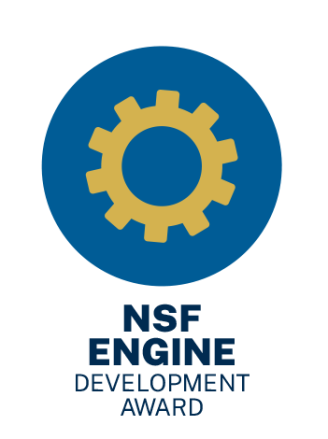Archived Awards Content
Awards issued prior to 2025 represent actions taken during previous administrations and do not necessarily reflect current investment priorities.
Corvallis Microfluidics Tech Hub

Lead Agency: Oregon State University
State Served: Oregon
Applicant-Defined Region: Corvallis, Oregon Small rural Metropolitan Statistical Area (MSA) with MSA partners (Portland-Vancouver -Hillsboro, OR-WA; Salem, OR; Eugene-Springfield, OR and the small rural MSA, Albany-Lebanon, OR) and Native American communities.
Core Technology Area: microfluidics
Contact: Christie Dudenhoefer ([email protected])
Media Contact: Michael Collins ([email protected])
Organizational Link: https://cormictechhub.org/
The Corvallis Microfluidics Tech Hub (CorMic), led by Oregon State University, aims to establish global leadership in the development, scaling, and commercialization of microfluidics technology for use in semiconductor cooling, continuous flow processing, and biotechnology. By creating a platform for high-performance computing, biotechnology, advanced energy, and advanced materials, this Tech Hub will enable manufacturing companies to collaboratively demonstrate microfluidics technologies across a range of products, including semiconductor manufacturing and bioscience, which will mitigate supply chain risks and contribute to advancing a technology central to our national security.
CorMic seeks to take advantage of the semiconductor industry’s transition to liquid cooling of integrated circuits, as well as other emergent microfluidics applications, by transforming Oregon into an internationally leading center for microfluidics research and manufacturing.
This consortium plans to:
- build and outfit a facility at which growing companies and entrepreneurs can access world-class equipment and expertise to demonstrate and scale up innovative microfluidics technologies and applications; and
- operate a unique accelerator where companies can advance and commercialize their innovative microfluidics technologies through access to training, entrepreneur support, funding, and scale-up consulting as well as a robust network of community organizations, entrepreneurs, venture development firms, workforce development boards, government agencies, and three top-tier research universities.
Additional Designations Earned in Region

